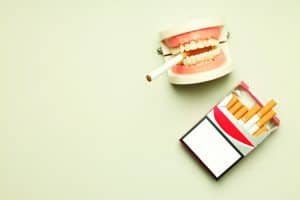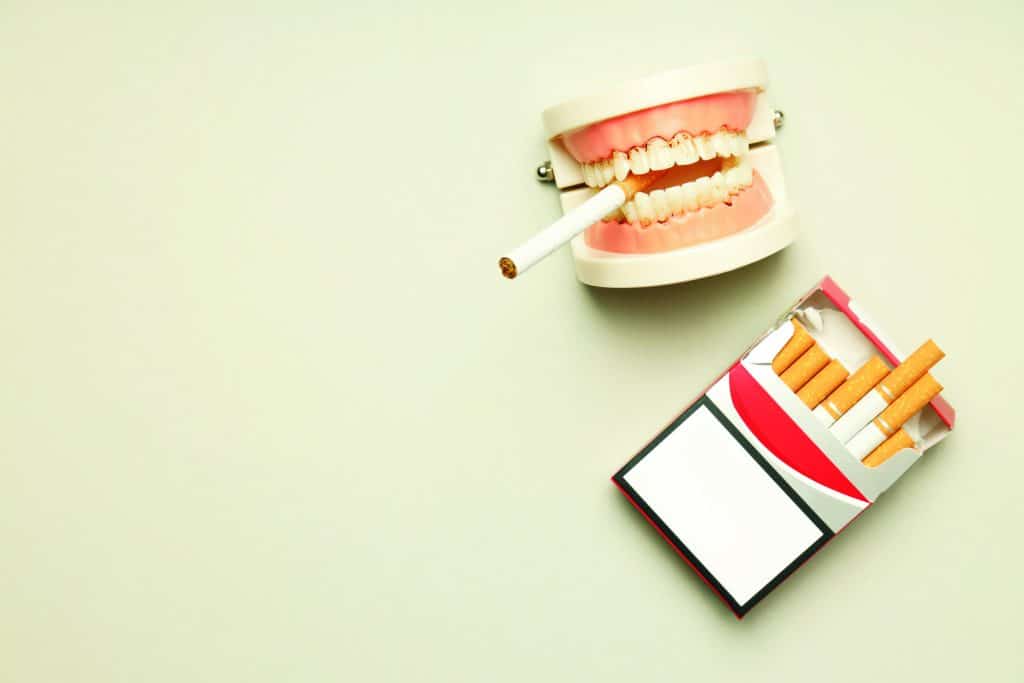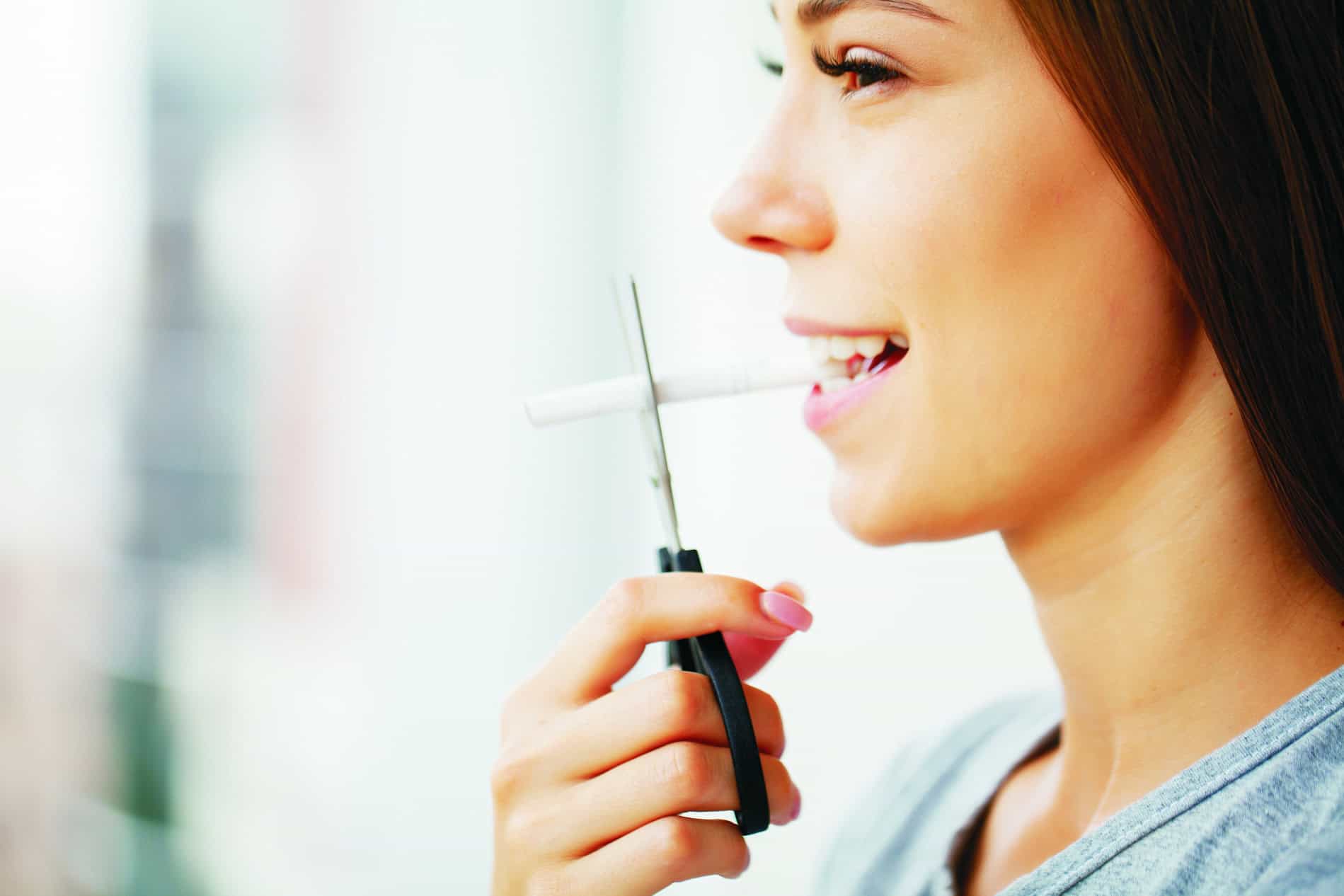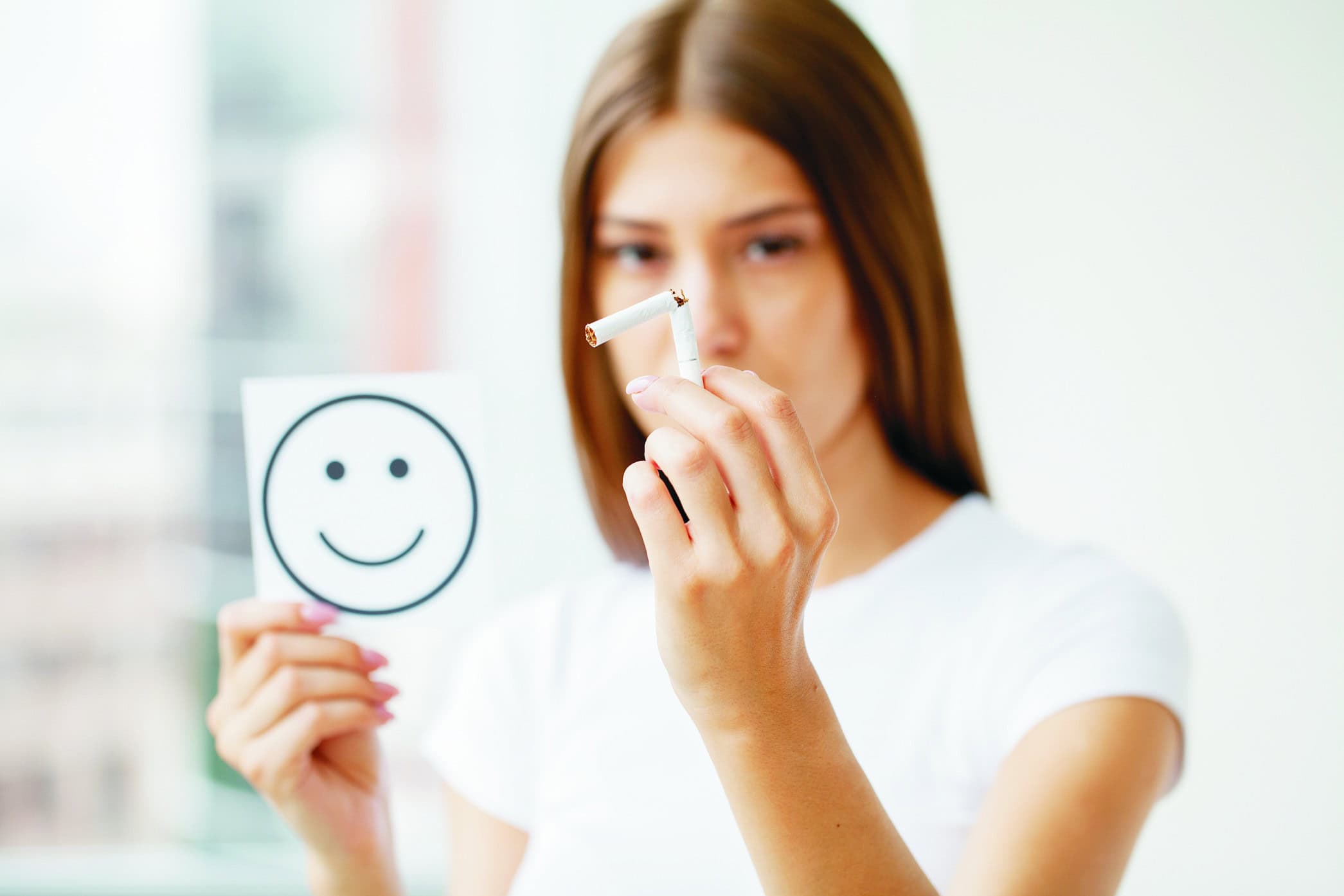
Can I Smoke After Wisdom Teeth Removal? Risks & Remedies
Can I Smoke After Wisdom Teeth Removal? What Happens If I Do? If you’re among the many who find comfort in a smoke break, the

If you’re among the many who find comfort in a smoke break, the question, “Can I smoke after wisdom teeth removal?” might be weighing on your mind. While the thought of lighting up post-surgery can seem harmless, the reality is that it could pose some significant risks to your healing process.
For anyone seeking guidance, especially if you’re looking for a dentist in Belleville to help answer these questions, read on for essential insights and some good-natured advice about why it’s best to pause smoking—at least for a little while.
Smoking after wisdom teeth extraction is problematic because it interferes with healing in several ways.
After surgery, your body needs time and space to repair. Nicotine and other chemicals in cigarettes can slow down the healing process and even open the door to painful complications.
Here’s a closer look at what happens when you choose to smoke after wisdom teeth removal:
When you smoke, inhaling creates a suction effect in your mouth. This might not seem like a big deal, but that suction can dislodge the blood clot that forms in the empty tooth socket post-surgery.
This blood clot is crucial—it protects the nerves and bones in the socket and is the foundation of the healing process. Without it, you risk a painful condition called dry socket.
What is a dry socket? Picture an open wound exposed to air, food particles, and bacteria. Without the clot, the bone and nerve endings are unprotected, leading to intense pain and delayed healing. In fact, smokers are at a higher risk of dry sockets than non-smokers.
Nicotine is more than just a quick pick-me-up; it’s a blood vessel constrictor. This means that it tightens your blood vessels, reducing blood flow to the gums and mouth tissues.
With limited blood flow, essential nutrients and oxygen can’t reach the surgical site effectively, and your body’s natural healing powers are compromised. For anyone hoping to speed through recovery, this effect could set you back significantly.
The short answer? Not really. Many people assume that vaping, being a smoke-free alternative is gentler on a fresh extraction site. However, the same suction effect applies, and the vapour still contains nicotine, which can also slow down healing and increase the risk of dry sockets.
So, whether it’s a cigarette or a vape pen, it’s best to hold off for a bit. Your Belleville dentist would certainly agree!

While the answer might vary slightly depending on individual healing rates, most dental experts recommend waiting at least 72 hours (or three days) before smoking again.
But, aiming for a more extended break—about a week—is ideal for the best recovery. The first three days are critical because that’s when the blood clot is most vulnerable.
Giving yourself a smoke-free week ensures that the risk of complications drops significantly, and your body has time to establish a strong healing foundation.
If you’ve already smoked before reading this article (or despite all advice), don’t panic, but do keep a close eye on any unusual symptoms. Signs of dry socket or infection include:
Should any of these symptoms occur, it’s time to give your dentist in Belleville a call. Prompt treatment can help alleviate pain and get you back on track to recovery.
Staying away from cigarettes after wisdom teeth removal can be a challenge, especially if smoking is a regular habit. Here are some practical tips to make the smoke-free period a little more manageable:

Smoking isn’t the only thing to avoid after wisdom teeth removal. Be careful with certain foods and drinks as well, as they can also slow down the healing process.
You might wonder, for example, “Can you drink coffee after wisdom teeth removal?” The answer is typically no, as coffee is acidic and can disrupt healing. Similarly, you might want to skip foods like rice, as small particles can get stuck in the extraction site, prolonging the recovery process.
If you’re ever in doubt or worried about how well your extraction site is healing, it’s better to check in with your Belleville dentist sooner rather than later.
Whether it’s pain, swelling, or simply a question about recovery, your dental professional is there to help guide you through this post-op journey.
Your mouth and body will thank you for the break.
After all, taking a brief timeout from smoking can lead to a smoother recovery, less pain, and a faster return to your daily routine. And when it comes down to it, that’s a win worth waiting for.

Choosing not to smoke after wisdom teeth removal is a small decision with big rewards. Protecting that initial blood clot and keeping your mouth smoke-free allows your body to focus on healing without unnecessary obstacles.
The road to recovery is quicker and less painful when you’re mindful about what goes in your mouth post-surgery. For any questions or concerns, reach out to your local to make sure you’re healing as expected.

Can I Smoke After Wisdom Teeth Removal? What Happens If I Do? If you’re among the many who find comfort in a smoke break, the

A Nerve-Wracking Idea: How Bad Is Wisdom Teeth Removal Without Anesthesia Getting your wisdom teeth removed is never something to look forward to, and the

What to Eat After Wisdom Teeth Removal Day 1? Undergoing wisdom teeth removal can be daunting, but knowing what to eat on the first day

Can I Eat Rice After Wisdom Teeth Removal? Nutritional Tips So, you’ve had your wisdom teeth removed. Congratulations on taking that big step towards a

Can You Drink Coffee After Wisdom Teeth Removal? Like most other dental practices, wisdom teeth removal often requires dietary restrictions. Patients usually ask, “Can you

Does Removing Wisdom Teeth Change Face Shape? Dental Guide The decision to remove wisdom teeth is common, often driven by concerns about potential problems like
© All Rights Reserved Quinte Smiles Dental Centre
Privacy Policy | Terms of Use | Sitemap
A Dentistfind Website